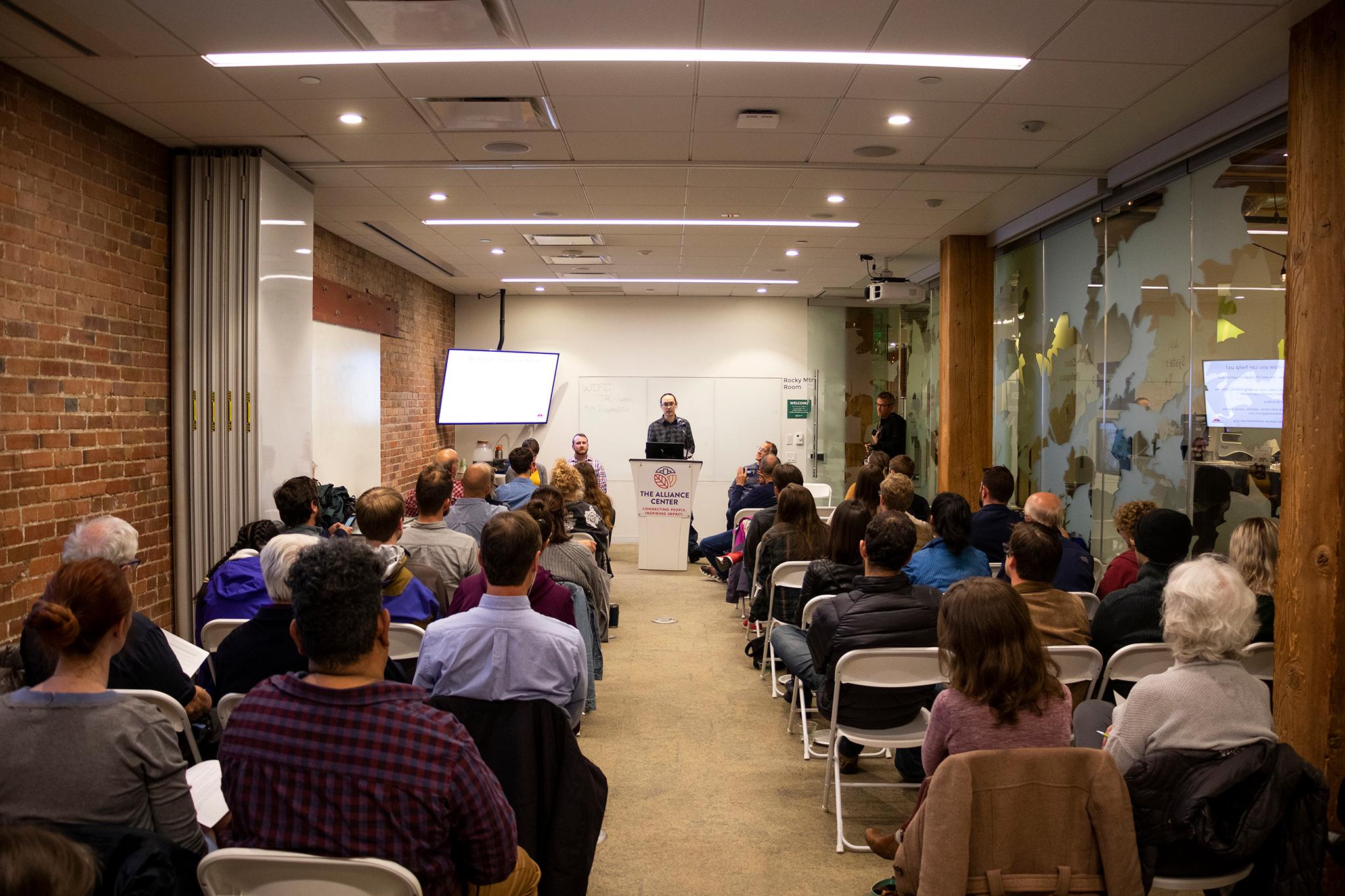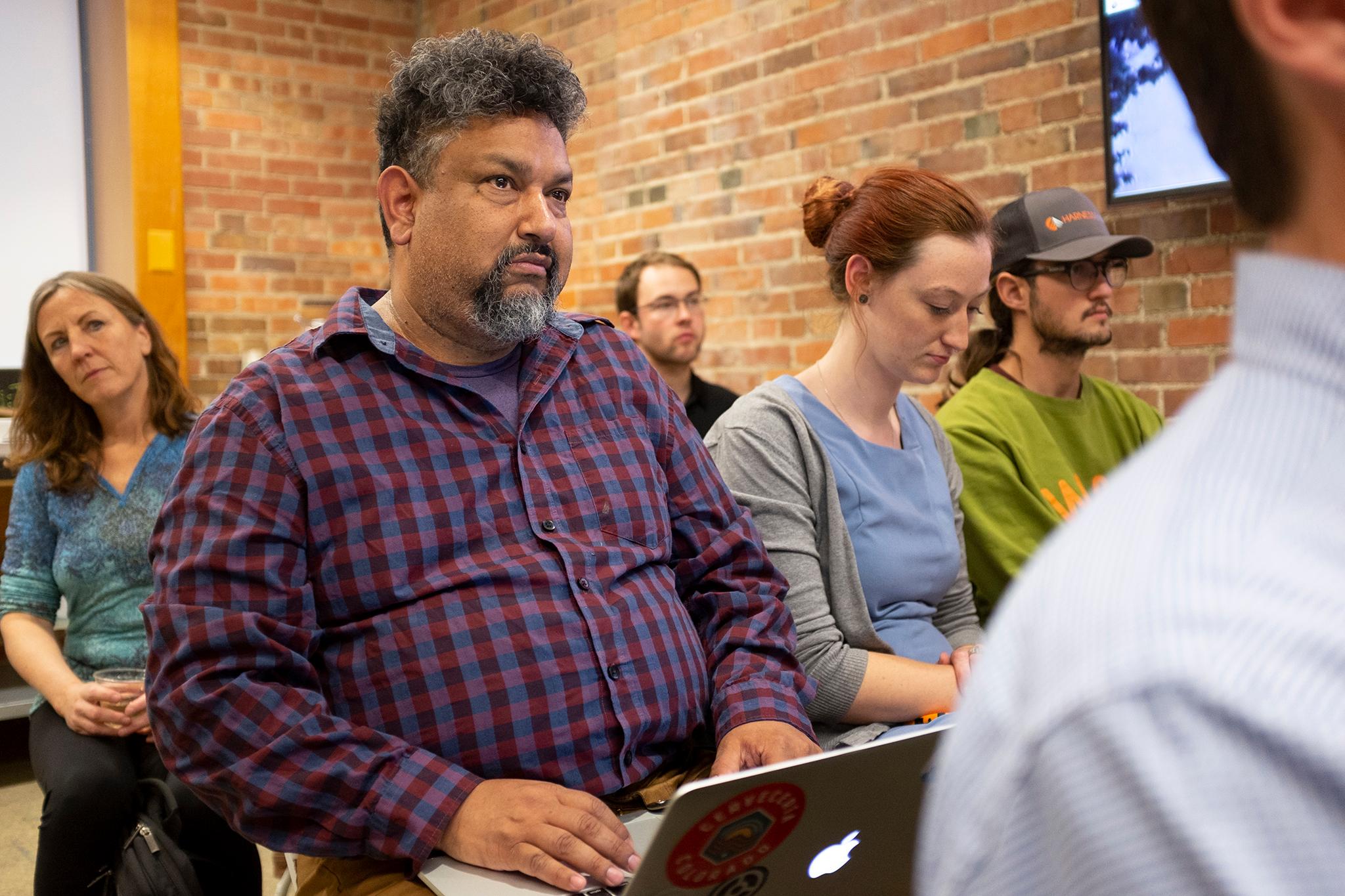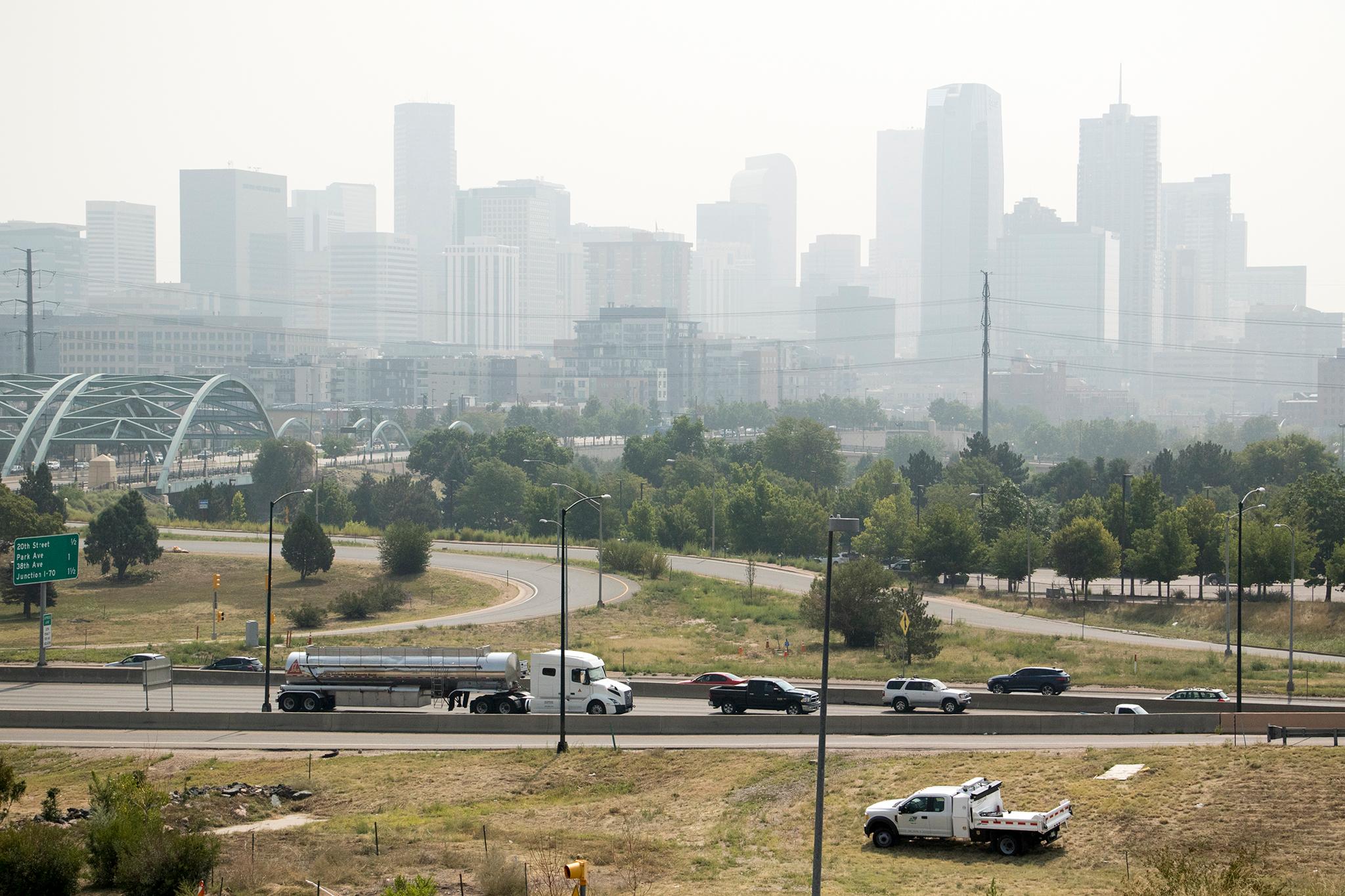A group of Denverites who want the Mile High to be the first major U.S. city with a carbon tax launched its effort to get their initiative on the ballot Thursday.
Brandon Rietheimer, the driving force behind the 2017 measure that mandated greener buildings, is helping organize the effort. He taught volunteers the basics of the initiative during a meeting at the Alliance Center and signed up volunteers to gather signatures.
The initiative is called Resilient Denver. If it makes the November ballot and voters approve it, consumers of electricity and natural gas -- residential, commercial and industrial customers -- will be taxed at a higher rate starting in July 2020.
The measure would raise an estimated $40 million in its first year. Revenue would fund a Denver Office of Climate Action and Resiliency to invigorate programs and policies that fight climate change, while transitioning the city to a greener economy.
Resilient Denver needs about 8,200 valid signatures by July 8 to make the November municipal ballot.

"This campaign will be a sprint, but that's because that's what it takes to overcome the climate crisis," Rietheimer said.
Thursday's event drew about 35 people interested in volunteering. One was Brandee Cooklin, who has never collected signatures from strangers before. She works in the solar industry but said the climate crisis deserved more attention than she gives it in her professional life.
"I just felt like I was getting apathetic because I'm doing this every day for my career," Cooklin said. "I'm just interested in ... having conversations with folks about climate change and just kind of engaging people and having a healthier dialogue around it.
People who opt into Xcel's clean energy programs and get all of their energy from renewable sources, including wind and solar, would be exempt.
People who aren't rich would also be exempt. Households making 50 percent or less of Denver's median income, or about $46,000 annually for a family of four, would qualify for exemption.

Denver activist Eddie Soto said he would like to see a higher income threshold for the exemption, but supports the tax because it has tools built in to shield lower-income residents and people of color, two groups that he says often "get screwed" by carbon taxes.
"It was well thought out to address low-income communities and people of color, who are normally the ones that suffer under taxes, because we understand these consumption taxes are regressive," Soto said.
Organizers think they have a better chance on the 2019 ballot than in 2020, with a presidential election and a race for the Colorado Senate. Plus, there's serious urgency, they say.
"We know there is great community support for accelerating Denver's response to the climate crisis," campaign spokesperson Ean Tafoya said. "We seek a just transition to a more equitable clean energy economy. Denverites are ready to lead in the global effort to curb the devastating impacts of rising carbon emissions."
Tafoya is pleading for volunteers to help the campaign, telling Denverite that "our future depends on it."
No organized opposition has emerged.
Boulder is America's first (and probably only) city to install a carbon tax that funds government coffers.













